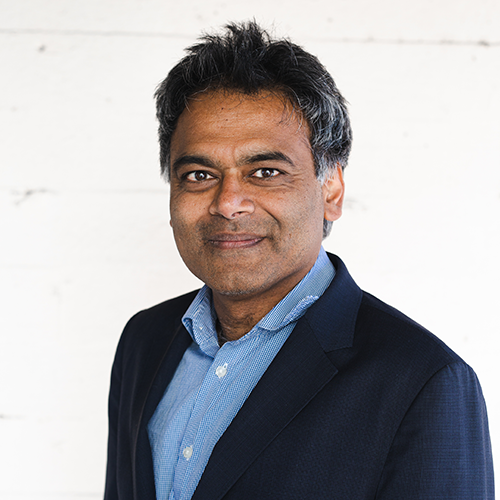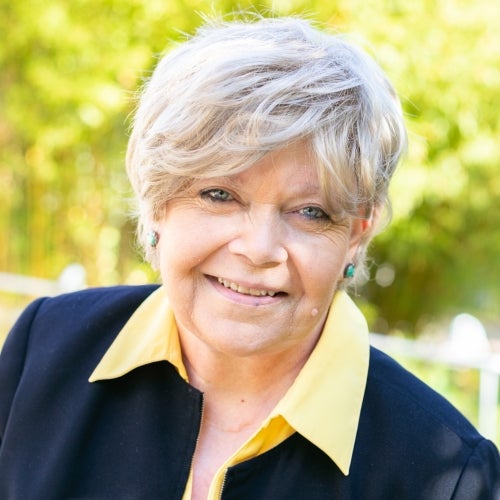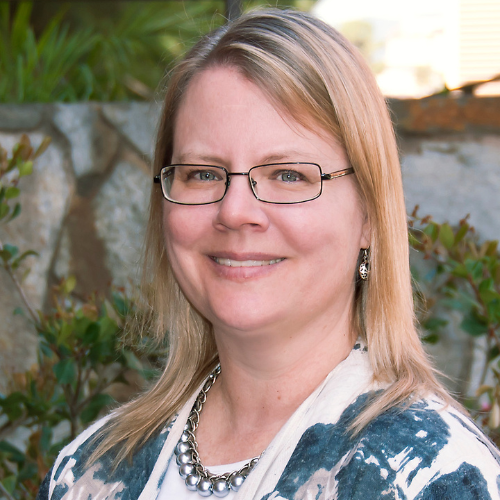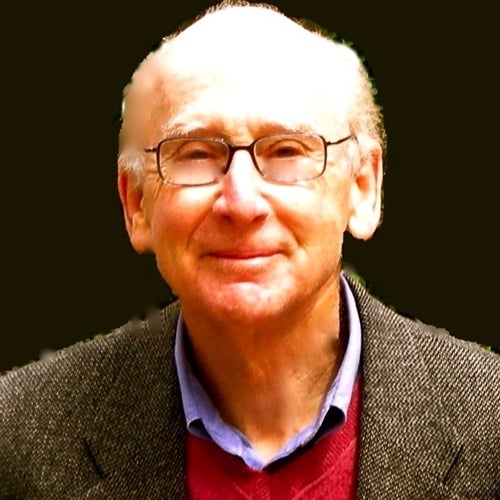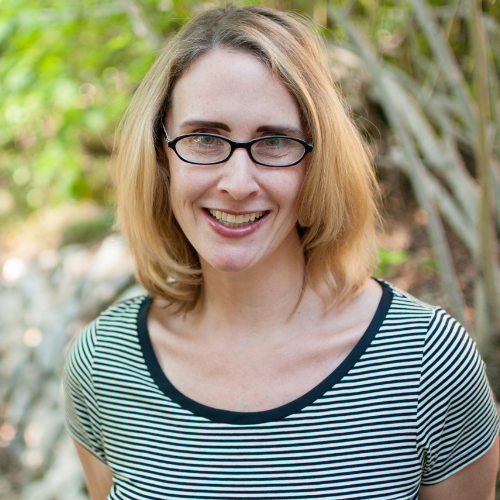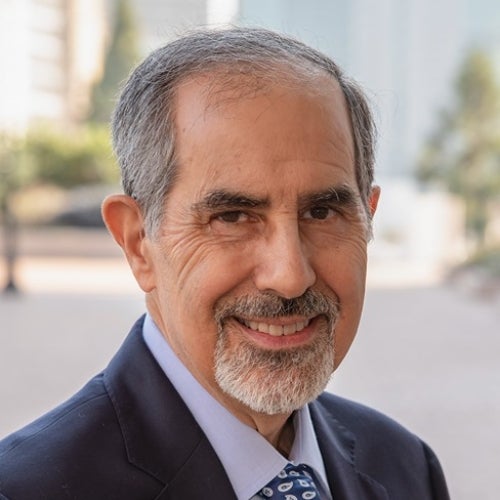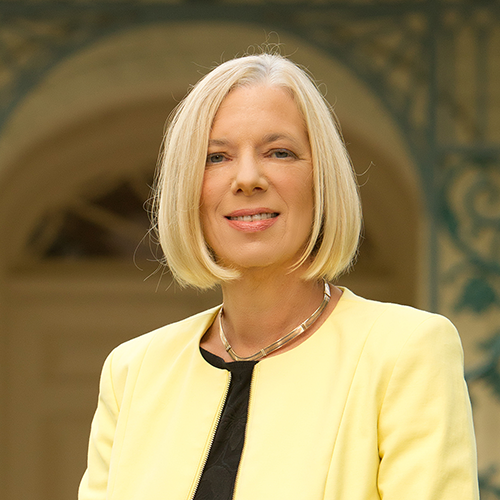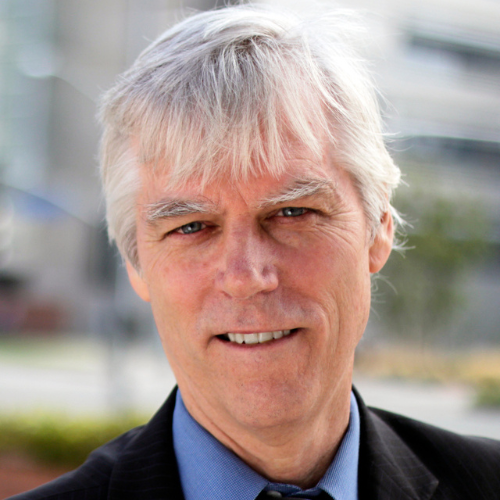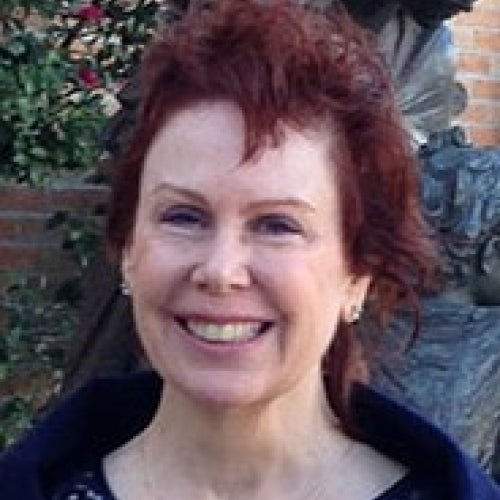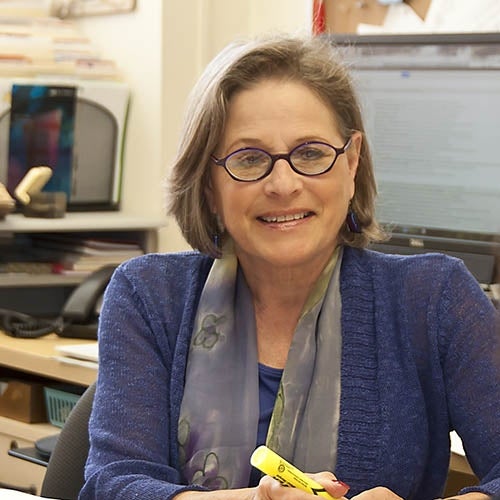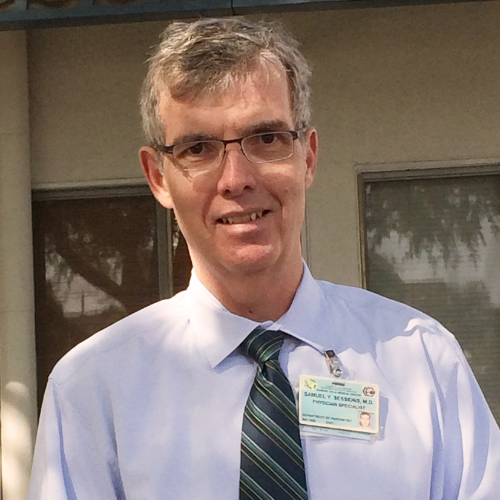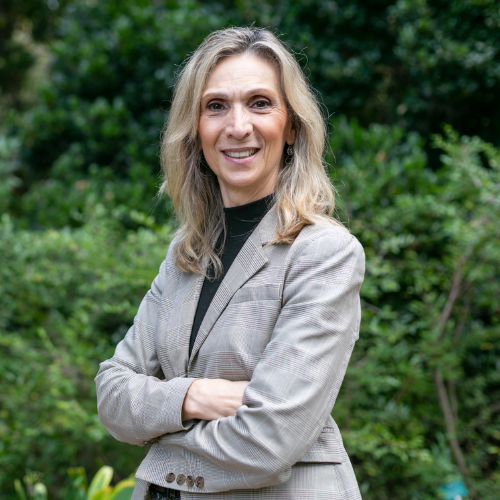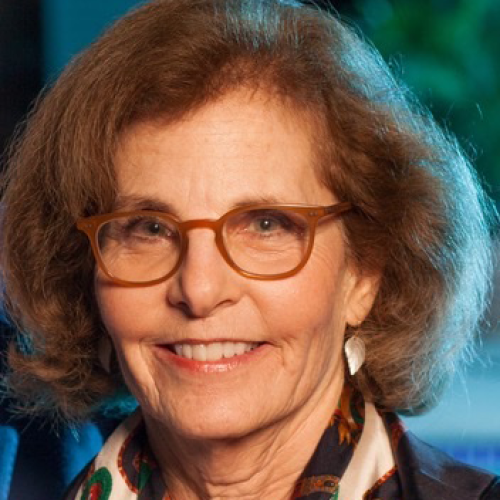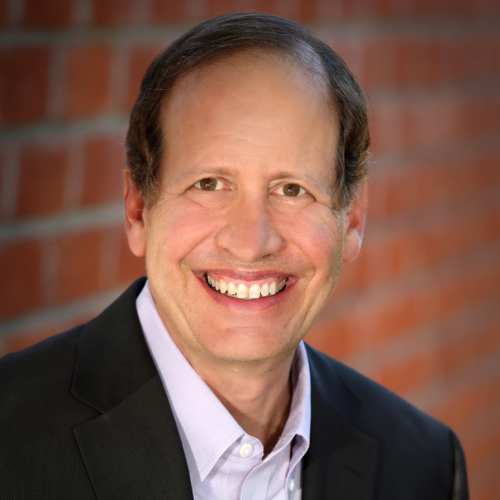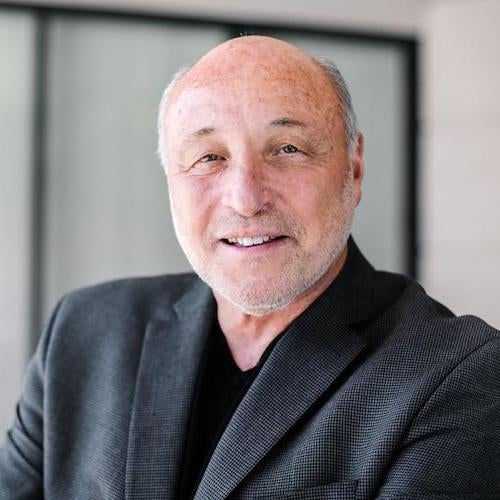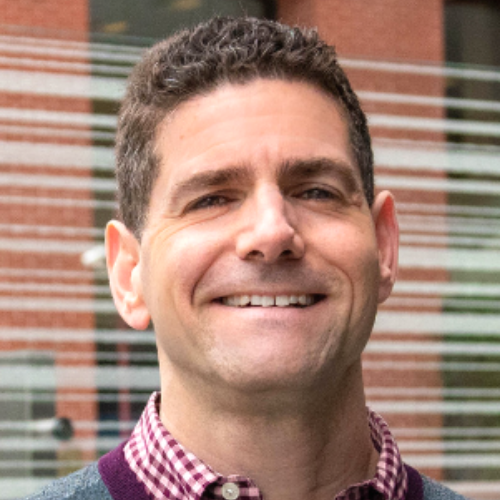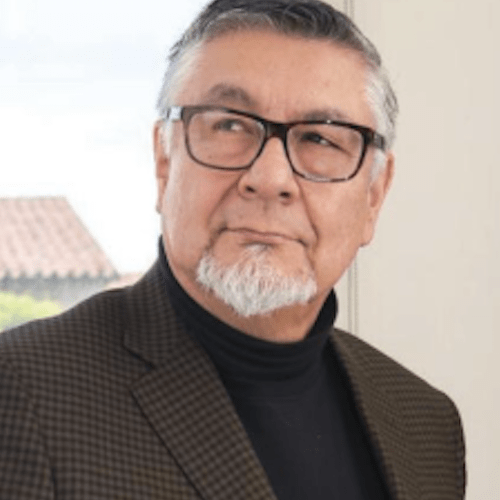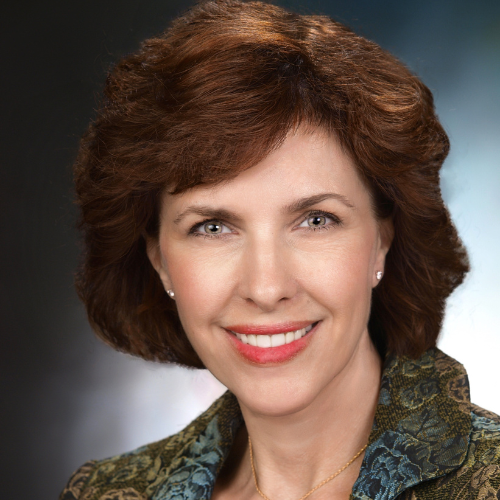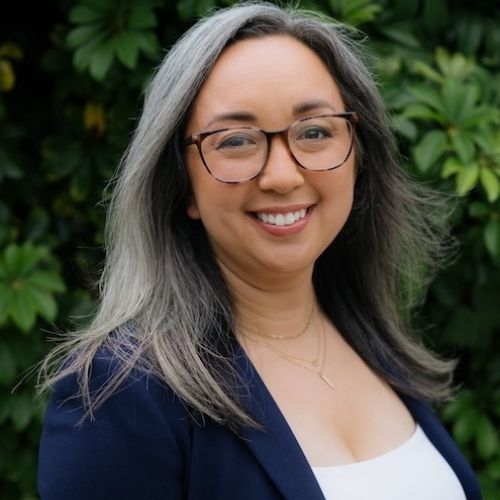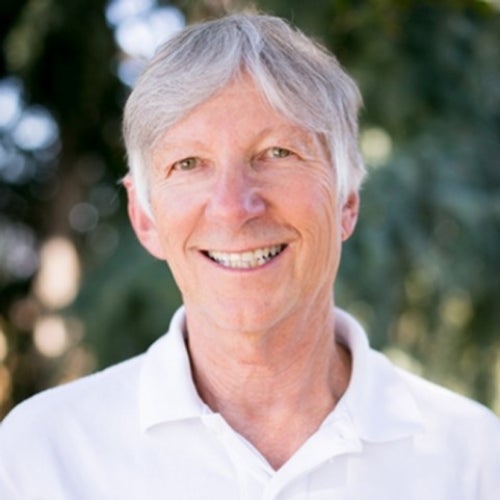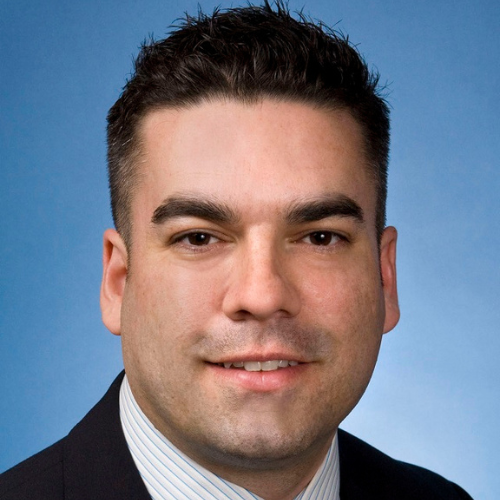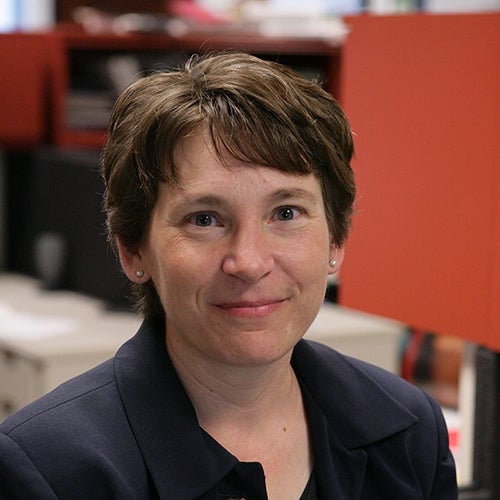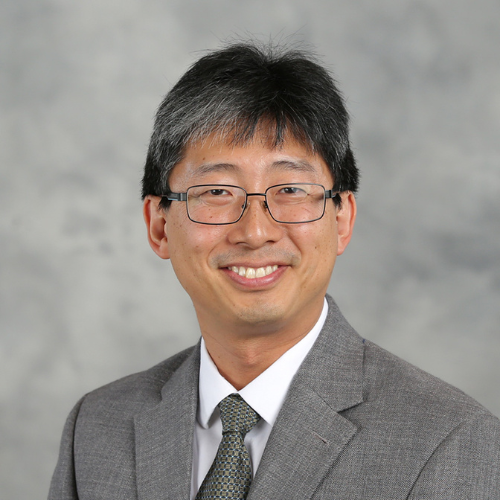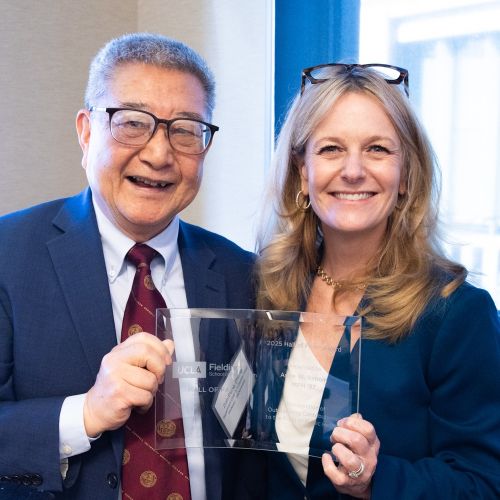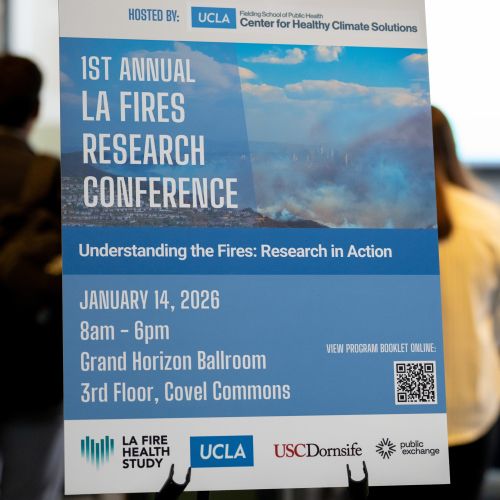"The science of forming healthy habits"
Discover interviewed Dr. Vickie Mays, professor of health policy and management, about how to sustain a new positive, healthy habit.

During her first year of college, Elaina Cosentino bought a fitness band and began walking 10,000 steps a day. Through a friendly competition with friends, she kept it up for four years. But during her first semester of graduate school, her routine changed and she fell out of the habit. Then her mother passed away between her first and second semesters, and it “truly took everything out of me to just get up and go to class,” says Cosentino, a physical therapist. “I did go for an occasional mind-clearing walk every now and then during that time, as walking was something familiar to me and I always loved the way I felt afterwards.”
But the combined pressures of “the weight of the pandemic, not having family around, going through grad school virtually and still going through the grieving process" drove the Rhode Island resident to search for something more consistent. "When I went back to walking every day, reforming the habit was bringing myself back down to Earth. It’s the one thing I can control every day.”
The two major components necessary to start and stick to a habit are ease and reward, says research psychologist Wendy Wood, author of the book, Good Habits, Bad Habits, The Science of Making Positive Changes That Stick, who has studied habits for three decades. “If you’re trying to repeat a behavior, then willpower and motivation are not really the way to go. They’re what start you but they’re not going to help you persist,” she says. “Habits are not part of our conscious thought.”
Faculty Referenced by this Article

Dr. Ron Andersen is the Wasserman Professor Emeritus in the UCLA Departments of Health Policy and Management.
Nationally recognized health services researcher and sociomedical scientist with 25+ years' experience in effectiveness and implementation research.

EMPH Academic Program Director with expertise in healthcare marketing, finance, and reproductive health policy, teaching in the EMPH, MPH, MHA program

Dr. Michelle S. Keller is a health services researcher whose research focuses on the use and prescribing of high-risk medications.

Professor of Community Health Sciences & Health Policy and Management, and Associate Dean for Research


